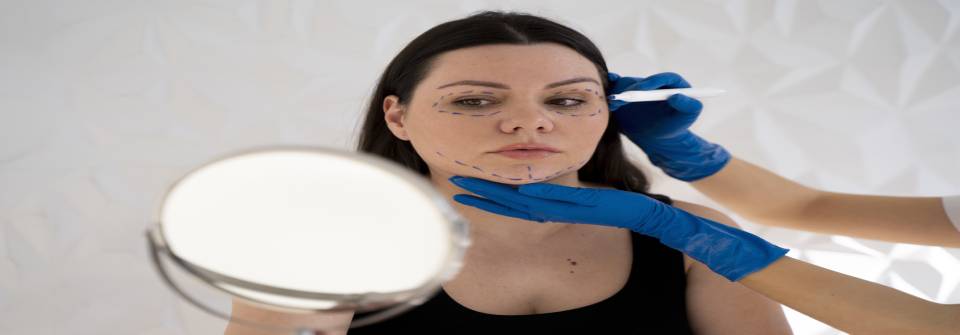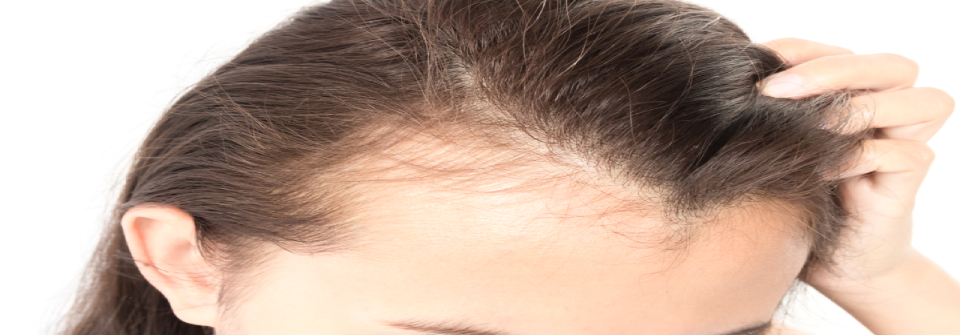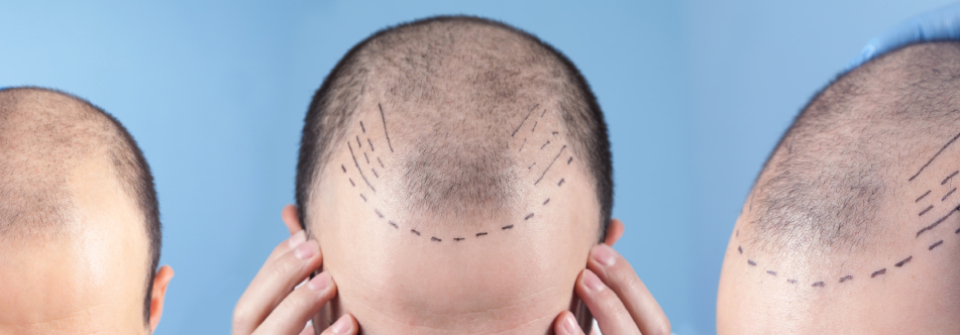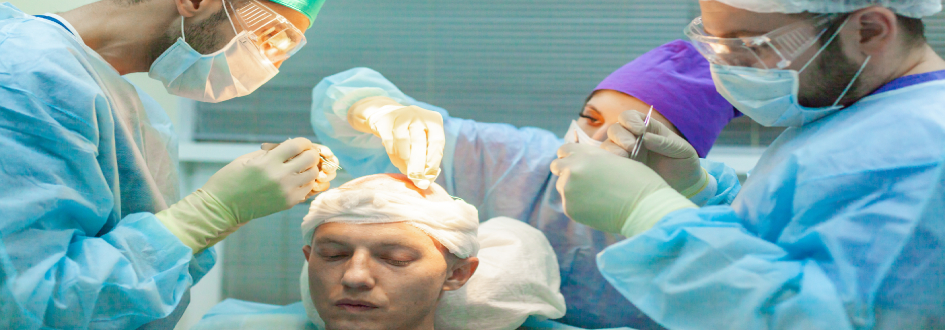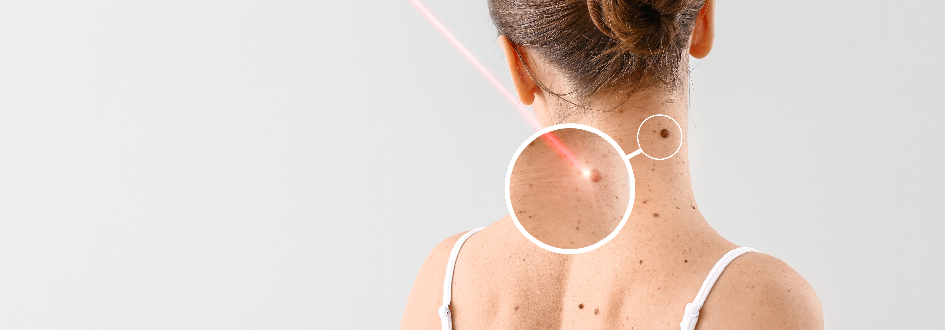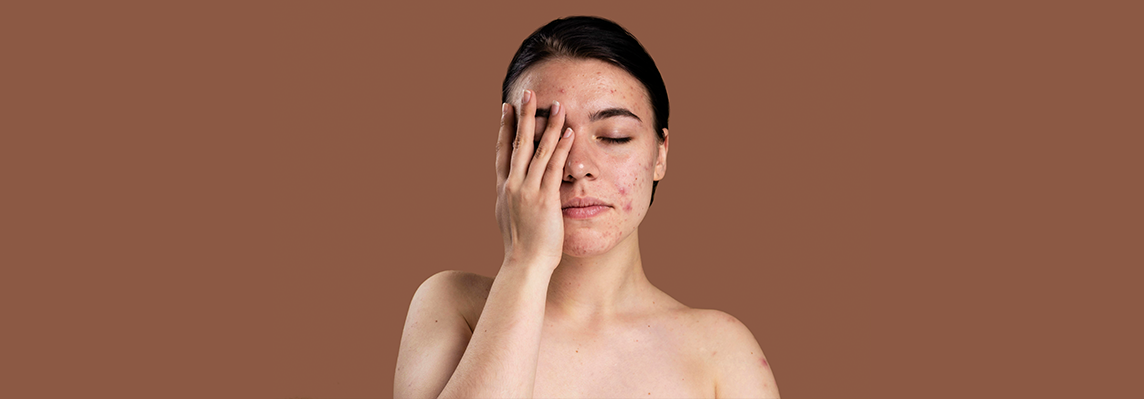
Treatment For Hair Thinning and Diffuse Hair Loss
It's no secret that hair shedding and loss is a frequent problem that
affects both men and women, with the problem being caused by a
variety of circumstances. Diffuse hair thinning related hair loss is no
exception. In this post, we'll go over what diffuse thinning is and the
most prevalent causes of it, as well as how to recognize the
indications of diffuse thinning and what you can do to prevent it.
Hair loss may be upsetting and have a negative impact on a patient's
quality of life. Patients with widespread or patchy hair loss may initially
present to their family physician.
Livglam is a leading clinic for diffuse hair loss treatment in
Bangalore where the examination is done by a hair specialist expert
assessing each case on an individual base.
What is diffuse hair thinning?
Diffuse thinning or ‘diffuse scalp hair loss’ describes hair loss that
spreads out entire scalp instead of affecting your receding hair line or
crown giving your entire head a thin ‘see through’ appearance.
Reasons for hair thinning and diffuse hair loss:
Genes - If you’re a woman, your hair may thin out in general, but it’s unlikely that your hairline will recede or that you’ll go bald as a result of the disease. If you’re a guy, your hair may thin towards the crown of your head, and you’re more prone to balding and a receding hairline.
Stress - Certain stressful experiences might cause your hair to thin, which can last for months after the occurrence. It’s known as telogen effluvium, and your hair will generally regrow on its own.
Eating Habits - A lack of key nutrients in the diet might also play a role. Protein deficiency, as well as low iron and vitamin D levels, are examples of these deficiencies.
Diffuse hair thinning is a prominent feature of female pattern hair loss where the condition is characterized by a decrease in the hair density all over the scalp.
Home remedies for diffuse hair thinning or diffuse scalp hair loss
- Hair loss can be treated by using coconut milk to the hair and scalp two to three times each week. This natural therapy should be continued for at least two months.
- Reduce hair thinning and hair loss by massaging aloe vera gel into your scalp twice a week. Allow 15–20 minutes for the sap to soak into your hair before washing it off. A mixture of coconut milk, aloevera gel, and wheat germ oil can also be used.
- Take best vitamin mix and protein rich foods to strengthen hair and minimize hair loss.
Most of the times, diffuse hair loss treatments such as Minoxidil and finasteride can stop hair loss and prevent getting worse, but it’s important to talk to dermatologist if you have noticed hair thinning than normal.
Diffuse hair loss treatments from Livglam clinic:
- Scalp biopsy - Two four-millimetre punch biopsies from the vertex of the scalp or where clinical indicators exist should be collected to evaluate alopecia. This will give your scalp and hair long-term benefits. Book an appointment with Livglam to know more about this treatment.
- PRP therapy - A Non-surgical treatment that includes where patients own blood is drawn, processed and injected into the areas of scalp that need increased hair growth.
- PRP with Microneedling - A device with hundreds of small needles that you use on your scalp may promote hair growth. Research shows that using micro-needling in conjunction with another hair loss therapy may be more effective. Our experts at Livglam can tell you if it's safe for you and suggest a certain micro-needling device. It is a painful procedure but with the Livglam experts, you will experience a pain-free and worth your time treatment!
- GFC therapy - It is highly recommended compared to traditional PRP for diffuse hair loss treatment. GFC kit contains platelet activator to release specific growth factors that plays active role to stop hair loss.
- FGFC therapy - Livglam has exclusive most advanced Future generation FGFC which has been proved with respect to results of hair growth where it is considered to be better than traditional GFC & PRP. FGFC includes plant derived peptides added to GFC to potentiate follicular stem cells and scalp tissue.
- Laser therapy - A low-level laser device has been authorized as a therapy for genetic hair loss in men and women. It has been found in a few modest trials to boost hair density. This is one of the best diffuse thinning regrowth treatments for scalp hair loss that Livglam aesthetic clinic can offer you!
Checklist for healthy hair:
- A well-balanced diet
- Healthy hair is linked to certain vitamins and minerals contained in diet.
- Reduce your stress levels.
A well-balanced diet can help you maintain your hair’s health. Ensure that your diet includes a wide variety of vegetables, fruits, whole grains, unsaturated fats, and lean meats. Also, keep your sugar intake to a minimum.
Nutrition plays an important role in healthy hair. Include great sources of protein in your varied diet such as lean meat, beans, green leafy vegetables, iron-fortified cereals, salmon, mackerel, tuna, flax seeds, egg yolks, hemp seeds, and walnuts which are all high in omega-3 fatty acids.
Stress has a negative impact on the body, including the hair. A stressed lifestyle might lead to hair loss.
Do’s and don'ts:
- Don'ts
- Do’s
Don’t wash your hair because you’re afraid it’ll fall out more. Increasing the frequency with which you wash your hair will not cause it to fall out more.
Excessively style your hair. Too much product on your hair can cause your scalp to become dry or irritated, which is not good for your hair
Gently blow-dry your hair - Toweling your hair vigorously or roughly might cause weak hair to break and harm young follicles. When drying your hair, be gentle.
Eat healthily - A diet deficient in key nutrients, minerals, and protein deprives your hair of the nourishment it requires to grow strong.
Conclusion:
Although hair loss is not life-threatening, it is upsetting and has a substantial impact on the patient's quality of life. The pattern of hair loss might be evident, like the bald patches with most ailments, the doctor should start by taking a thorough medical history and doing a physical examination.
To learn more about diffuse thinning regrowth treatments, go through our Hair loss page to discover what our experts can do to help you.
Livglam hair clinic is one of the best hair clinic in Bangalore, so do visit our clinic or make an online appointment!
